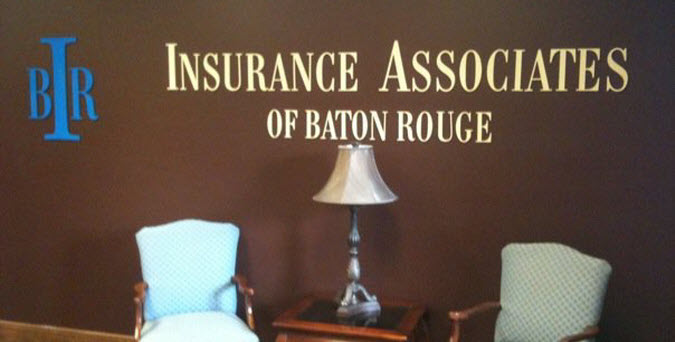Many of us probably think of our homeowners insurance as protection from the cost of losses caused by fires, storms or theft. But what we probably don’t realize is that most homeowners insurance claims are preventable. The primary cause of claims is neglected maintenance that grows into a big, expensive problem.
You can save time, aggravation and the potential premium hikes that come with filing homeowners insurance claims with awareness of potential problem areas and easy, regular home maintenance.
The following are the most preventable reasons for homeowners insurance claims.
Burst Washing Machine Hose
The rubber hose attached to your washing machine can dry out, crack and leak, causing water damage that can be devastating over time. Be sure to replace rubber washing machine hoses at least every three years, or purchase a metal hose that will not burst.
Leaks
Water leaks from various appliances inside your home can cause devastating damage. And what’s worse, this type of water damage is typically NOT covered under your homeowners insurance. Check your policy or talk to your insurance agent to find out what is and is not covered.
- Tub/shower grout and edges: Grout and caulk around tubs and showers will decay and crack over time, allowing water to seep into walls and floors. Re-caulk every year. Once you have cleaned out old caulk, wipe down the tub with a 10 percent bleach solution to kill any mildew behind it. Use a dap caulk with a microban additive to prevent mildew.
- Toilet seals: If you see water gathering around the base of a toilet, it probably has a leak. Make repairs immediately.
- Roof leaks: Dark spots on the ceiling are sign of a roof leak. You should also inspect your roof regularly for curled or upturned shingles, as well as damaged flashing around chimneys and skylights.
- Refrigerator leaks: Refrigerator water-supply lines often leak as plastic lines become brittle or metal lines become crimped or cracked. Repair or replace any brittle or cracking water lines.
- Hot water tank leaks: Hot water heaters will show wear by rusting and leaking. Regularly inspect the floor around your water heater for signs of leaks, and have a technician check any water heater that is more than five years old. Consider turning off your water heater when you go out of town to reduce wear and tear. Invest in a water alarm; it will alert you if water is detected around the outside of the tank.
Fire
Your home might contain a variety of fire hazards that can be easily avoided.
- Electrical cords: Re-route any electrical cords that are under throw rugs. Use power strips rather than overloading outlets and extension cords.
- Woodstoves and fireplaces: Clogged chimneys and stovepipes are one of the leading causes of house fires. Inspect and clean your chimney at least twice a year, and remove ashes and keep flammables away from your fireplace.
- Cooking, candles and space heaters: Unattended fires that you think are contained can quickly spread and become out of control. Don’t leave pots on the stove or items in the oven unattended. Never leave the house or go to sleep with a candle burning.
- Electrical outlets and wiring: Many electrical systems in older homes simply cannot handle the energy demands of modern appliances and devices. Be sure your electrical system is up to current codes, and avoid overloading and over using extension cords and outlets.
- Furnaces: Poorly working furnaces can cause fires or emit dangerous levels of carbon monoxide. Have your furnace inspected regularly by a qualified technician, especially if the furnace is more than five years old.
Mold
Mold is dangerous to your health and is also very difficult and expensive to get rid of. To prevent mold, fungus, wet or dry rot and mildew from growing, clean up all water spills or leaks right away. Use anti-fungal cleaners when you can.
Theft
One of the most common ways that thieves gain access to a home is by stealing a garage door opener from a car parked outside. If you park outside, do not leave the garage door opener unattended in the car.
Are you aware of all of the ways that you can prevent damage to your home and unnecessary home insurance claims? Do you perform regular home maintenance? Have any of these things ever happened to you? Tell us about your experience.



